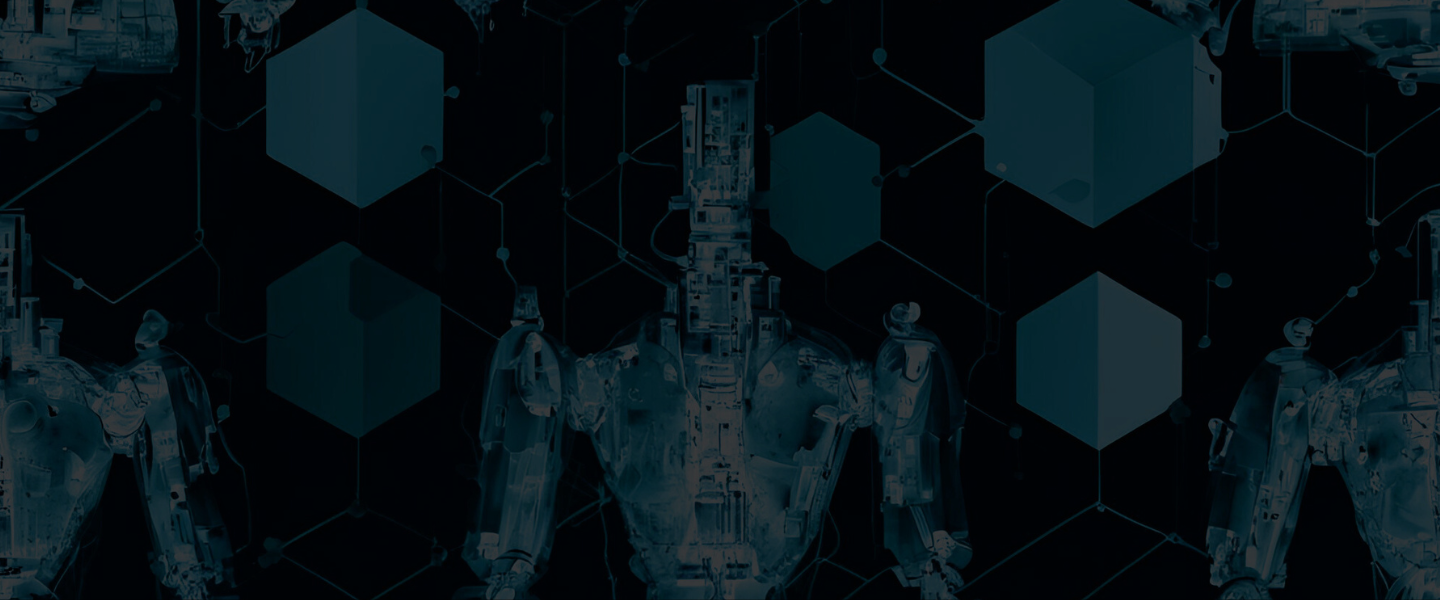The AIchemy Hub recently hosted its digital launch, unveiling its vision for integrating AI into chemistry. With almost 150 attendees online, the event highlighted the hub’s innovative projects, funding opportunities, and future collaboration opportunities. Below are some key takeaways.
1. Introduction to AIchemy
AIchemy Co-Director Prof Kim Jelfs (Imperial) introduced the AI for Chemistry Hub. AIchemy’s mission is twofold: conducting state-of-the-art research and normalising AI’s use in chemistry. The Hub is led by experts from several UK universities and committed to overcoming key barriers, including data accessibility, collaboration challenges, and training. The video below also highlights AIchemy’s facilities.
2. Forerunner Projects
The Hub is kicking off with five forerunner projects aimed at advancing AI in chemistry. From human-robot collaboration in experimentation to generative AI for molecule design, these projects serve as the foundation for the Hub’s research.
Prof Andy Cooper (Liverpool) described Forerunner Project 1 which focuses on Human-in-the-loop experiments.
Prof Graeme Day (Southampton) described the research within Forerunner Project 2 covering Large-Scale Crystal Structure Prediction (CSP) – Big Data for Chemistry.
Prof Jacqui Cole (Cambridge) outlined Forerunner Project 3 that she leads covering Data-Driven Materials Discovery.
Prof Kim Jelfs (Imperial) described Forerunner Projects 4 and 5 which focus on generative AI for Small Molecules and Materials, and Identifying and Optimizing Reaction Mechanisms with Multi-Fidelity AI, respectively.
3. AIchemy Hub Activities
The Hub’s Co-Manager Dr Ben Alston (Liverpool) outlined the activities planned within the Hub. These will focus on building a collaborative, innovative community. Upcoming activities include an annual conference, industry showcases, undergraduate internships, and hackathons/datathons. These initiatives aim to foster new ideas, collaborations, and talent development.
4. ECR Committee
The AIchemy Early Career Researchers (ECR) committee will play a central role in the Hub’s activities, from organising workshops and webinars to facilitating training. The Hub is especially committed to supporting the next generation of researchers.
5. Interactive Session: Community Feedback
Hub Co-Manager Dr Chris Mellor (Imperial) led an interactive session to gain community feedback on various Hub plans. Attendees shared valuable feedback on the Hub’s focus areas, timing for events and funding calls. The Hub will incorporate these insights into its future planning.
Responses form the Digital Launch Event here.
6. Funding Opportunities
A significant portion of the Hub’s budget is allocated to a Flexible Fund for research grants. Dr Chris Mellor outlined how this Fund will support early career researchers and state-of-the-art projects. The first funding call is set to open in October, offering up to £20,000 for pump priming projects. She also outlined a proposal to use a distributed peer review process and followed up the interactive session with further questions to gauge the community’s views on this proposal.
7. Industry Engagement
AIchemy Co-Director Prof Andy Cooper discussed industry engagement within the Hub. AIchemy encourages industry collaboration, offering a range of engagement options, from co-funded projects to internships and secondments. Cross-sector partnerships will be key to driving innovation in this research space.
The launch ended with one final interactive question asking the audience ‘What could the Hub do going forward that would be most beneficial to you?’. With 100 responses, this proved there is a real need for the Hub and to build a community around the AI for Chemistry research space. The responses are really useful to the Hub and will guide the planning of our events and activities going forward, such as hosting industry-academia networking sessions and offering more training workshops.
The Alchemy Team thank everyone for their input during the launch and look forward to getting to know the wider community going forward.

